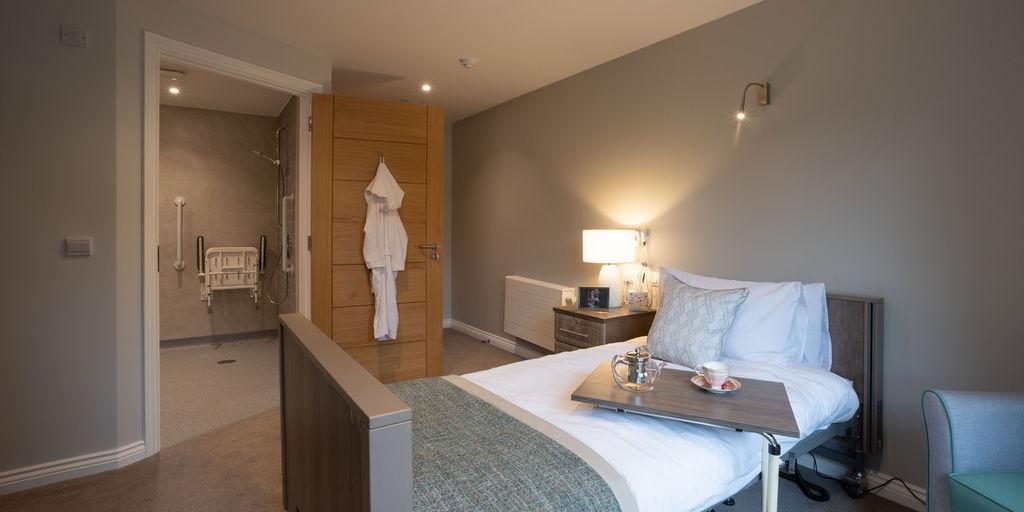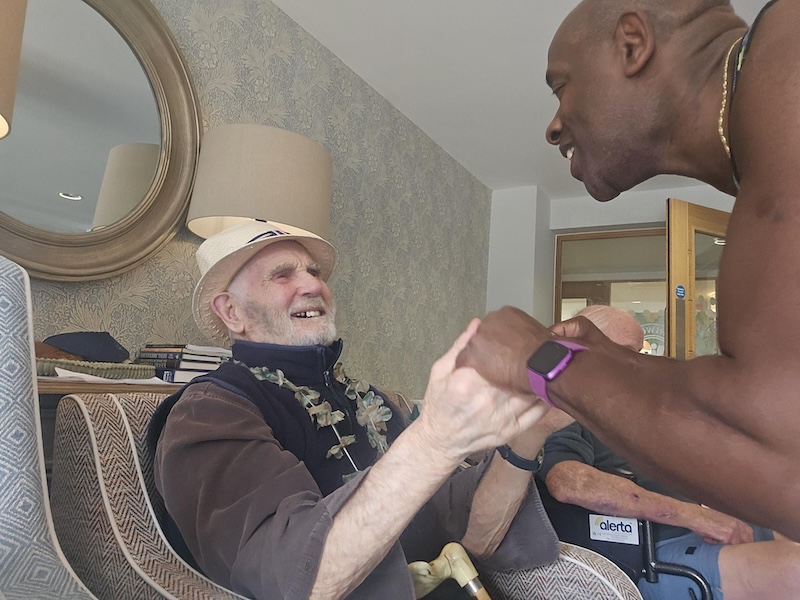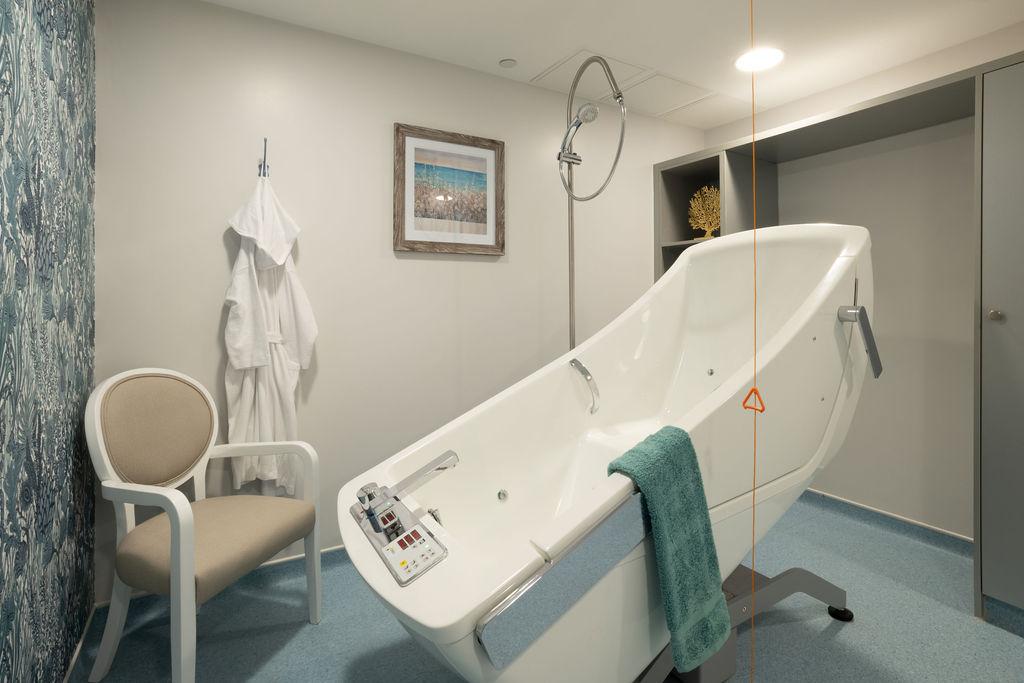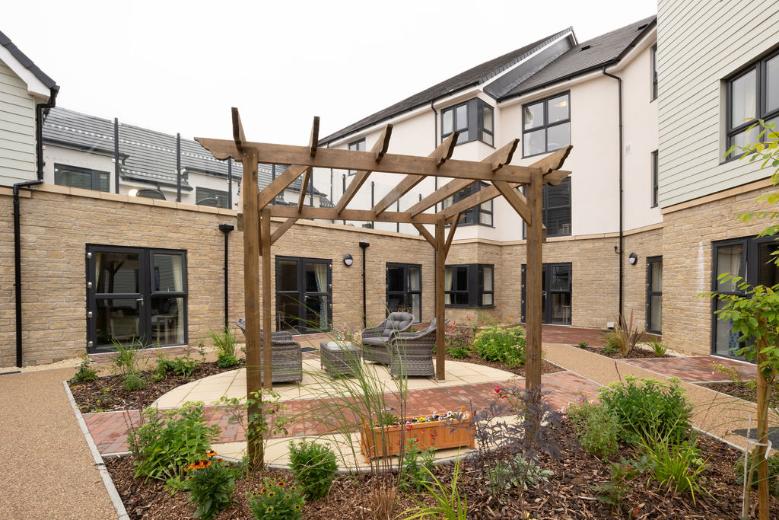The Role Adult Children Have in Early Care Planning | What You Can Do Now

For many families, the first signs that a parent may need extra support appear gradually. Perhaps you’ve noticed subtle changes during a recent visit, unopened post, missed medication, less interest in social connections or increasing frailty. Often, these early concerns leave adult children unsure of what to do next. You want to help, but you may not feel ready to make decisions about care. You might also worry about upsetting your parent, interfering in their independence or making the wrong choice.
Early care planning is not about rushing into a care home. It is about preparing, understanding your options and taking steps that help your parent stay safe, supported and involved in decisions. Being proactive makes the journey less overwhelming later on and gives families more time to make choices that feel right.
Understanding Your Parents Changing Needs
The first stage of early planning is simply paying attention. Small changes at home can be easy to dismiss, especially if your parent is determined to carry on as they always have. But tasks that were once second nature like cooking, housework, personal care or managing finances, can become more difficult with age, illness or cognitive changes.
Gently acknowledging and exploring these changes can help you understand what kind of support might benefit your parent. This might be practical help with daily tasks, encouragement to stay socially connected or reassurance around health concerns. At this stage, you’re just gathering information, not making decisions.
Opening Conversations About the Future
Talking about care can be emotional for families. Your parent may feel anxious about losing independence, while you may worry about saying the wrong thing. The aim of early conversations is not to persuade but to listen and understand how your parent feels about ageing, support and future possibilities.
These conversations work best when they happen gradually. Rather than focusing on “care”, you might talk about safety, wellbeing or planning ahead. Ask what matters most to them, staying in their community, keeping certain routines or receiving support from familiar faces. Understanding their priorities will help guide future decisions and give your parent a sense of control.



Practical Steps You Can Take Now
Once you have a clearer picture of your parents’ needs and preferences, you can begin taking simple, supportive steps that build a foundation for later care decisions.
One of the most important actions is ensuring legal and administrative documents are up to date. Looking at things like Power of Attorney, wills or medical preferences early on can prevent significant stress during a crisis. These are sensitive topics, but approaching them calmly, with the reassurance that planning now protects their wishes, often helps families move forward.
You can also start organising essential information such as medication lists, GP details, financial contacts or any care already in place. Having this information readily available is incredibly helpful if you need advice from healthcare professionals or social services later down the line.
At the same time, familiarise yourself with the different types of support available, from home care and respite care to residential and nursing care. Understanding these options now allows you to explore what might suit your parents’ personality, health needs and lifestyle, without the pressure of an emergency.
Researching Local Care Options Before You Need Them
Many families only begin researching care homes after a sudden illness or hospital admission. Early planning gives you breathing space. You can explore different types of care homes, read inspection reports, learn about fees and speak to teams about the support they offer.
Even if your parent is not ready for full-time care, discovering what residential care, dementia care or respite care looks like can help build confidence and reduce fear around the unknown. You may be surprised by how warm, homely and community-focused many care homes are. When the time comes to make a decision, these early insights make the process far less daunting.



Navigating Emotions Along the Way
It’s normal to feel conflicted during this stage. Many adult children experience guilt about stepping into a more supportive role or sadness about seeing their parent change. Your parent may feel vulnerable, frustrated or resistant to the idea of needing help.
Patience, honesty and empathy go a long way. Early planning gives families time to adjust emotionally, not just practically. It’s a chance to share concerns, express hopes and make decisions with clarity instead of urgency.
When Siblings Don’t Agree
If you have siblings, it’s likely you won’t all see things the same way. Differences in distance, involvement or perception can create tension. The goal in early-stage care planning is to create open communication. Share observations, involve each other in conversations and focus on your parent’s wellbeing rather than personal opinions. Agreeing on responsibilities early can help avoid misunderstandings later.
Knowing When It’s Time to Seek Professional Care Advice
You don’t need to have all the answers. If you’re concerned but unsure where to start, your parent’s GP, local social services or a care home team can offer guidance. Care homes, in particular, can explain what support is available long before a family decides to move forward. Many offer respite care and assessments that help determine the appropriate level of support.



Supporting Yourself as Well as Your Parent
When a parent begins to need more help and support, adult children often try to manage everything alone. Early planning helps prevent carer burnout by sharing responsibilities, setting boundaries and giving yourself permission to seek support. Taking care of your own wellbeing puts you in a better position to support your parent.
Looking Ahead With Confidence
The role of adult children in early care planning is ultimately about preparation, reassurance and compassion. By noticing changes early, having open conversations, organising essential information and exploring care options at your own pace, you create a pathway that protects your parent’s wishes and reduces stress for the whole family.
When the time does come to consider more formal support, whether home care, respite care or moving into a care home, you will be making decisions from a place of knowledge, calm and confidence rather than crisis.
Begin Your Care Journey With Highwood Care Home
Our luxury care home offers high standards of accommodation for our residents as well as outstanding levels of Residential Care, Dementia Care, Nursing Care, and Respite Care.
We understand that choosing the right care home and undergoing the transition can be a daunting experience for many. At Highwood Care Home, we aim to alleviate any concerns that choosing a care home may bring following a care needs assessment. We welcome prospective residents and loved ones to come and tour our care home and meet our care experts to help make an informed decision as to whether we are the right care home.












